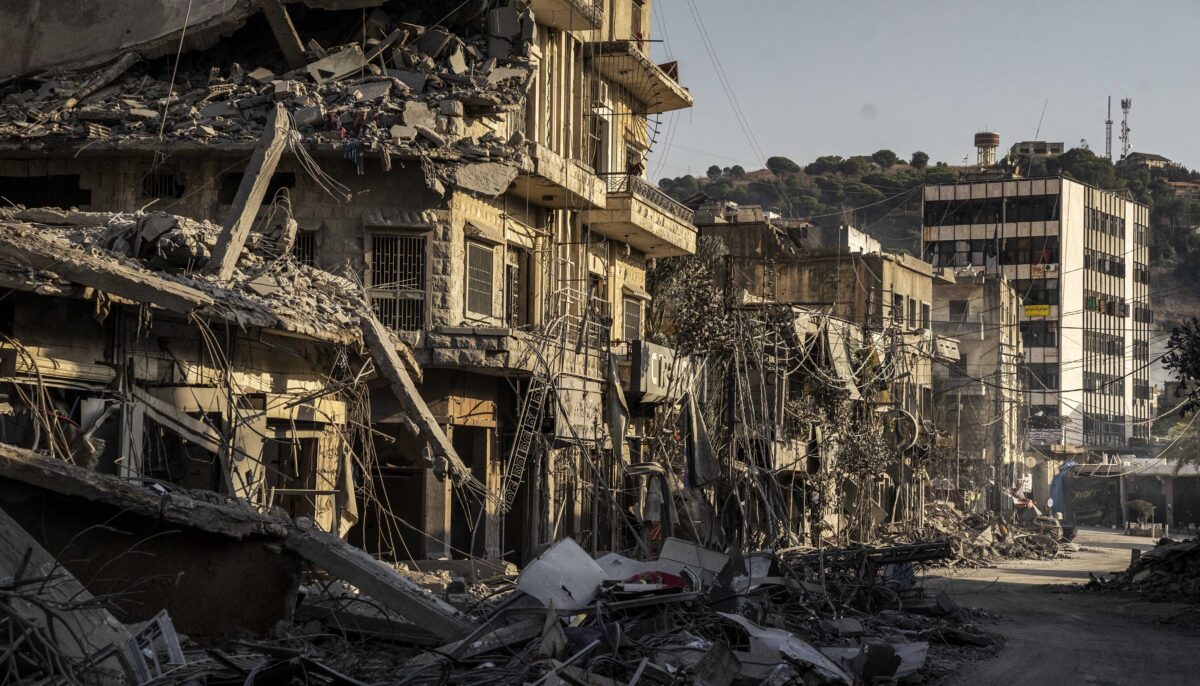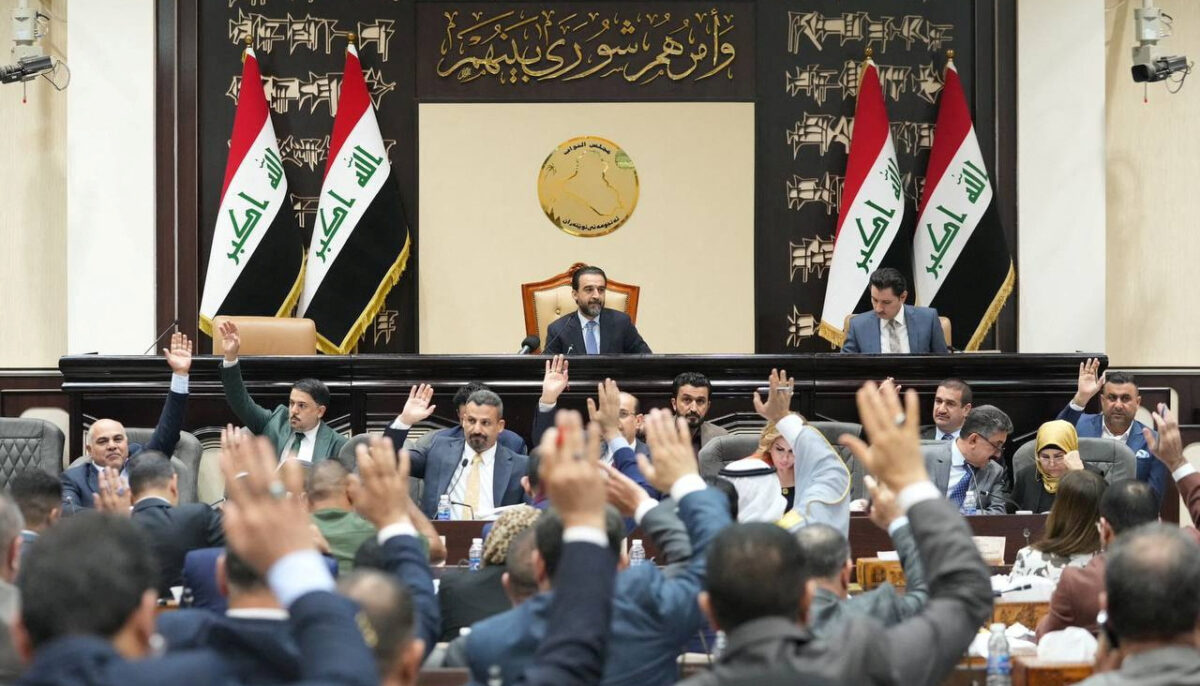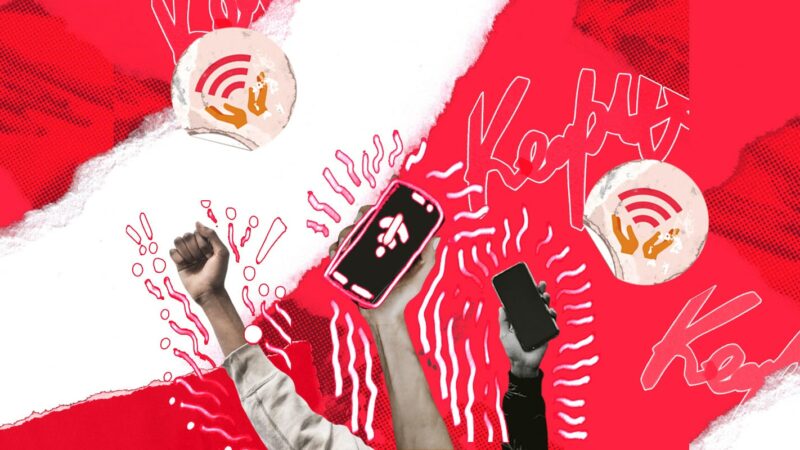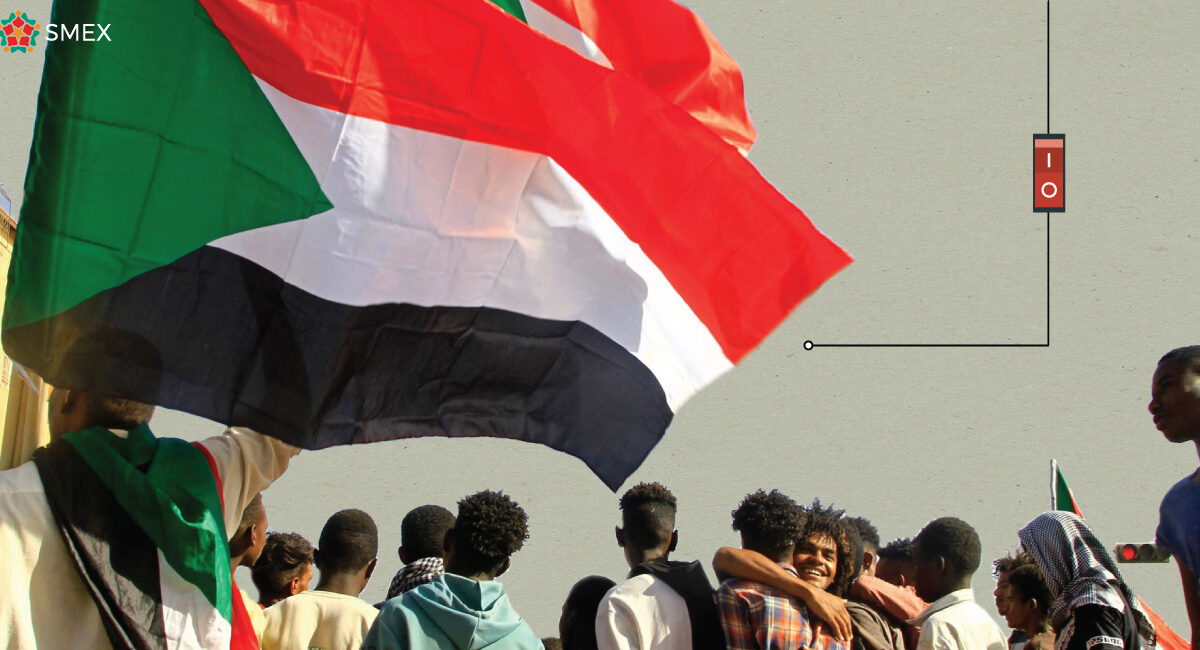Resources
News, research, and campaigns
The latest updates on digital rights from West Asia and North Africa


Beirut, October 17, 2024 | This week, the Israeli occupation has targeted “safe” areas in Lebanon as another war strategy…

Through global forums and media, the Kingdom of Saudi Arabia has been keen on spreading progressive discourse in an effort…

Days after the Jordanian parliament approved a cybercrime law with disastrous implications for free speech, Iraq put forth its own…

This article was first published by Advox on July 19, 2023. It is republished here as part of a republishing…

Internet in Sudan has been shut down intermittently amid armed clashes between the Sudanese army, led by Abdel Fattah Al-Burhan,…